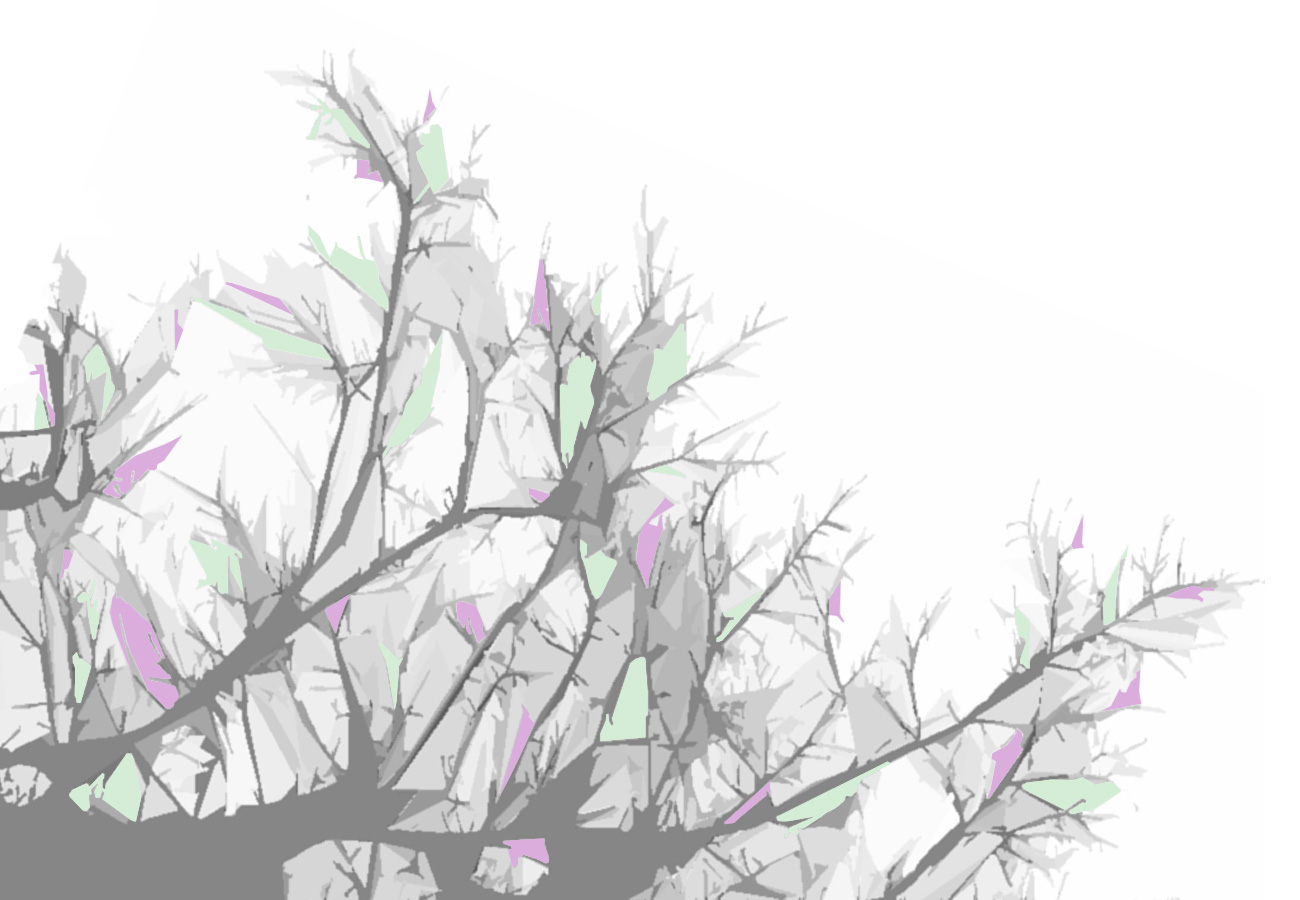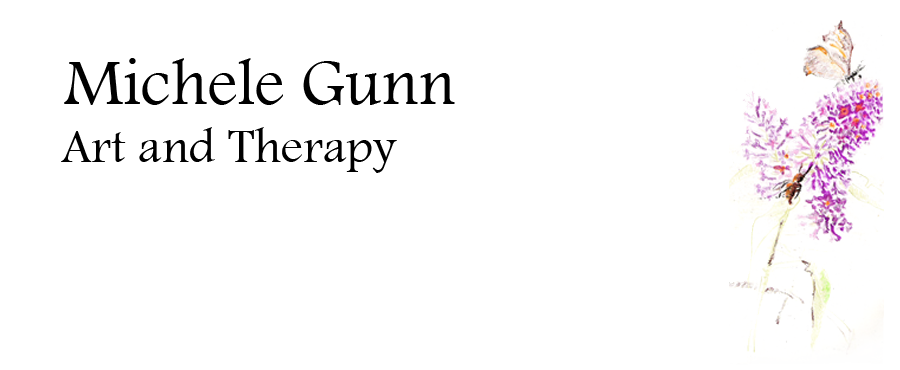


Art Therapy uses the creative process as a form of communication. By working with art materials and making images, difficult feelings and issues can be safely given a visual form. In this way, the images you make can help you to explore feelings and develop insight. The therapist provides support for the issues you bring to therapy. They may give practical help, if needed, in using materials.
If you have any enquiries about the service or wish to make an appointment - see Contact Page
How can art therapy help?
The creative process can open up new ways of thinking about things, and help you find new strengths and abilities.
Do I have to be good at art?
No. An art therapy session is not an art lesson. All that is needed is a readiness to play. The images made in art therapy are respected for the meaning they have for you; they will not be judged by any external standard of “good” or “bad” art. You are free to choose what images you make, and how you make them.
Costs
Using the service
A first appointment may be made by phone or e-mail. Appointment times are confirmed by letter. The first meeting is for information; you will be asked to decide if you then wish to undertake a short assessment of 2-3 sessions.
Assessment/trial period
You will be offered 3 assessment sessions. If you and the therapist decide that Art Therapy will be helpful for you, a 6-8 session contract will be set up
Contract
The contract is the working agreement between client and therapist. It covers appointment times, number of sessions, fees and any particular conditions of service agreed. It will include a statement of the therapist’s commitment to working to professional standards. Contracts, usually for 6-8 sessions with Review, are reviewed and renewed by agreement between the client and therapist.
Michele Gunn is registered with the Health Professions Council (HPC) as a State Registered Arts Therapist. She is a full member of the British Association of Art Therapists (BAAT) and is registered with BAAT as a Private Practitioner and Supervisor.
HPC is the national governing body of the Allied Health Professions. These include physiotherapy, radiography, occupational therapy and arts therapies. All members of the health professions are required to be State Registered with HPC to be entitled to practice. This requires that a member must meet the training, qualification, professional and ethical practice standards set down by their professional organisation and by HPC. The HPC regulates professional practice and may be referred to in questions of complaint or concerns about good practice or professional competence.
BAAT is the professional association governing the training and membership of art therapists. It provides guidelines for good practice, accredits training courses and maintains a Register of all qualified arts therapists who are members of BAAT. The Association also gives information and advice to the general public, including clients of art therapy services.